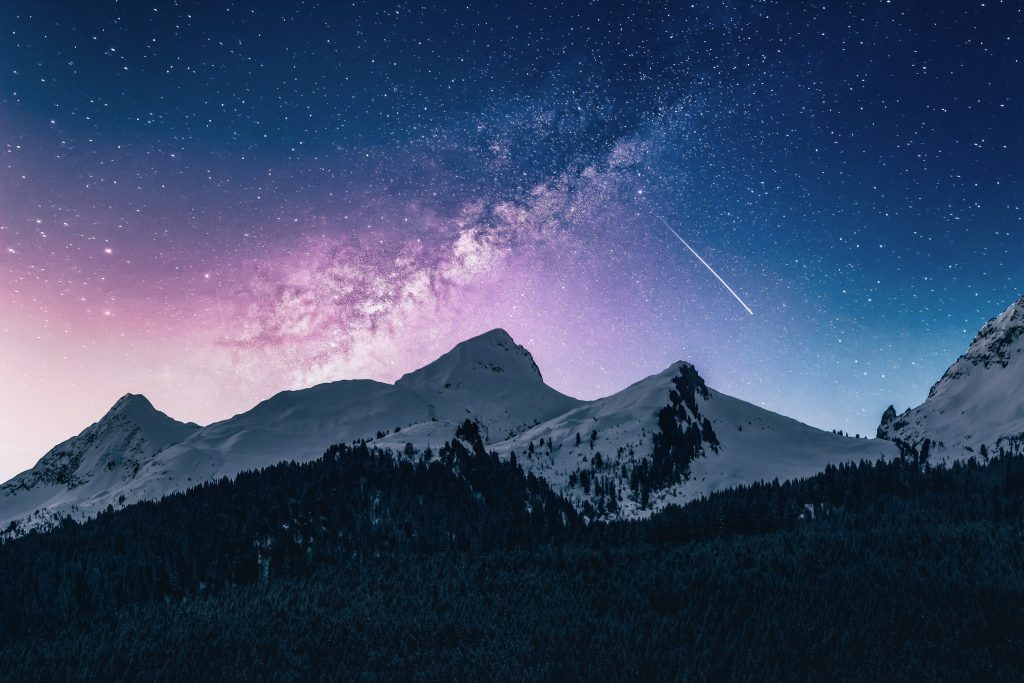
Recently, I viewed the launch of the James Webb Space Telescope, the great space science observatory now orbiting the sun about 1 million miles from the earth. This large telescope, about the size of a tennis court, continues the work of the Hubble Telescope, which for 25 years explored the farthest depths of the Universe.
The Webb is extending Hubble’s work in several ways. It will allow astronomers not only to look further into space but also further back into time, (i.e. more than 13.5 billion years) to see the faint infrared light from the first stars and galaxies of the universe. Additionally, it will catch a glimpse of the cosmic dawn.
When thinking about the cosmos, the Word of Genesis comes to my mind:
As I marvelled at the sight of powerful stars coming into view light years away, I also caught sight of a little glimmer of light out of the corner of my eye – a little jewel twinkling as if with fairy lights. To my delight I recognised it as Earth, my home, so small, yet for me so full of light, life and love.
As I watched, the lights began to go out, the little planet went black, as if it had died! Disaster has struck I thought. I was shocked! Then I realised that it was Earth Hour (26 March) and that millions of people, all around the world had switched off the lights as a symbolic gesture of solidarity for our planet’s future.
I recalled that this year, we are invited to reflect on and take a stand for biodiversity. There are tens of millions of different species sharing our earth with us, and we are dependent upon each other for life. But if climate change and other impacts like unsustainable land use, deforestation, pollution and poaching continue at the current rate, this precious web of life will be at risk.
Australia is home to an amazing array of unique plants and animals. However, it is also losing species at an unprecedented rate. It has “the worst mammal extinction rate of any country in the world, and the catastrophic bushfires of 2019-20 impacted nearly three billion animals and have pushed many more of our precious wildlife, including our unique koalas, on the fast-track towards extinction.” (WWF-Australia)
During Earth Hour, we are particularly asked to pray for the UN Biodiversity Conference to be held from 25 April – 8 May 2022.
I will conclude with the words of Pope Francis in Laudato Si’ (32-22):
Josephine Mitchell rsj
NSW Region
The following references may be of interest if you wish to learn more about Earth:
- Earth Hour website: earthhour.org.au
- RocketSTEM website: rocketstem.org
- Book: Asks the Beasts by Elizabeth A. Johnson (p.250)
